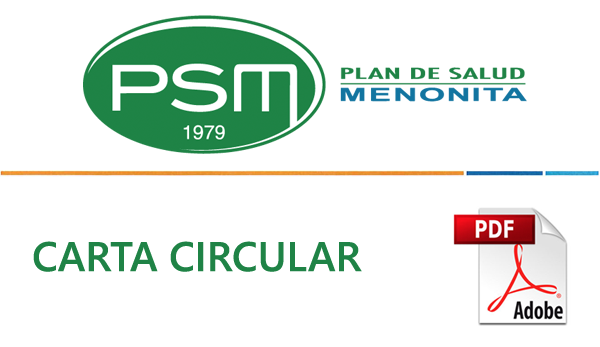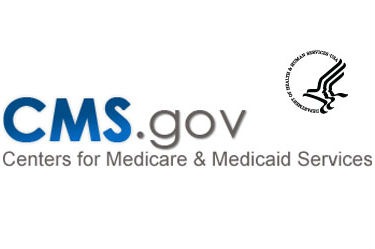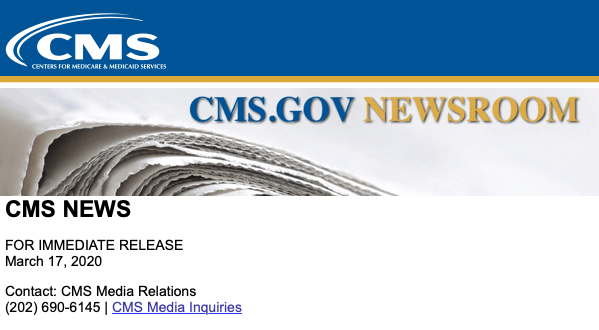CMS NEWS
FOR IMMEDIATE RELEASE
March 17, 2020
Contact: CMS Media Relations
(202) 690-6145 | CMS Media Inquiries
President Trump Expands Telehealth Benefits for Medicare Beneficiaries During
COVID-19 Outbreak
CMS Outlines New Flexibilities Available to People with Medicare
The Trump Administration today announced expanded Medicare telehealth coverage that will enable beneficiaries to receive a wider range of healthcare services from their doctors without having to travel to a healthcare facility. Beginning on March 6, 2020, Medicare—administered by the Centers for Medicare & Medicaid Services (CMS)—will temporarily pay clinicians to provide telehealth services for beneficiaries residing across the entire country.
“The Trump Administration is taking swift and bold action to give patients greater access to care through telehealth during the COVID-19 outbreak,” said Administrator Seema Verma. “These changes allow seniors to communicate with their doctors without having to travel to a healthcare facility so that they can limit risk of exposure and spread of this virus. Clinicians on the frontlines will now have greater flexibility to safely treat our beneficiaries.”
On March 13, 2020, President Trump announced an emergency declaration under the Stafford Act and the National Emergencies Act. Consistent with President Trump’s emergency declaration, CMS is expanding Medicare’s telehealth benefits under the 1135 waiver authority and the Coronavirus Preparedness and Response Supplemental Appropriations Act. This guidance and other recent actions by CMS provide regulatory flexibility to ensure that all Americans—particularly high-risk individuals—are aware of easy-to-use, accessible benefits that can help keep them healthy while helping to contain the spread of coronavirus disease 2019 (COVID-19).
Prior to this announcement, Medicare was only allowed to pay clinicians for telehealth services such as routine visits in certain circumstances. For example, the beneficiary receiving the services must live in a rural area and travel to a local medical facility to get telehealth services from a doctor in a remote location. In addition, the beneficiary would generally not be allowed to receive telehealth services in their home.
The Trump Administration previously expanded telehealth benefits. Over the last two years, Medicare expanded the ability for clinicians to have brief check-ins with their patients through phone, video chat and online patient portals, referred to as “virtual check-ins”. These services are already available to beneficiaries and their physicians, providing a great deal of flexibility, and an easy way for patients who are concerned about illness to remain in their home avoiding exposure to others.
A range of healthcare providers, such as doctors, nurse practitioners, clinical psychologists, and licensed clinical social workers, will be able to offer telehealth to Medicare beneficiaries. Beneficiaries will be able to receive telehealth services in any healthcare facility including a physician’s office, hospital, nursing home or rural health clinic, as well as from their homes.
Medicare beneficiaries will be able to receive various services through telehealth including common office visits, mental health counseling, and preventive health screenings. This will help ensure Medicare beneficiaries, who are at a higher risk for COVID-19, are able to visit with their doctor from their home, without having to go to a doctor’s office or hospital which puts themselves or others at risk. This change broadens telehealth flexibility without regard to the diagnosis of the beneficiary, because at this critical point it is important to ensure beneficiaries are following guidance from the CDC including practicing social distancing to reduce the risk of COVID-19 transmission. This change will help prevent vulnerable beneficiaries from unnecessarily entering a healthcare facility when their needs can be met remotely.
President Trump’s announcement comes at a critical time as these flexibilities will help healthcare institutions across the nation offer some medical services to patients remotely, so that healthcare facilities like emergency departments and doctor’s offices are available to deal with the most urgent cases and reduce the risk of additional infections. For example, a Medicare beneficiary can visit with a doctor about their diabetes management or refilling a prescription using telehealth without having to travel to the doctor’s office. As a result, the doctor’s office is available to treat more people who need to be seen in-person and it mitigates the spread of the virus.
As part of this announcement, patients will now be able to access their doctors using a wider range of communication tools including telephones that have audio and video capabilities, making it easier for beneficiaries and doctors to connect.
Clinicians can bill immediately for dates of service starting March 6, 2020. Telehealth services are paid under the Physician Fee Schedule at the same amount as in-person services. Medicare coinsurance and deductible still apply for these services. Additionally, the HHS Office of Inspector General (OIG) is providing flexibility for healthcare providers to reduce or waive cost-sharing for telehealth visits paid by federal healthcare programs.
Medicaid already provides a great deal of flexibility to states that wish to use telehealth services in their programs. States can cover telehealth using various methods of communication such as telephonic, video technology commonly available on smart phones and other devices. No federal approval is needed for state Medicaid programs to reimburse providers for telehealth services in the same manner or at the same rate that states pay for face-to-face services.
This guidance follows on President Trump’s call for all insurance companies to expand and clarify their policies around telehealth.
To read the Fact Sheet on this announcement visit: https://www.cms.gov/newsroom/fact-sheets/medicare-telemedicine-health-care-provider-fact-sheet
To read the Frequently Asked Questions on this announcement visit:https://www.cms.gov/files/document/medicare-telehealth-frequently-asked-questions-faqs-31720.pdf
This guidance, and earlier CMS actions in response to the COVID-19 virus, are part of the ongoing White House Task Force efforts. To keep up with the important work the Task Force is doing in response to COVID-19 click here https://protect2.fireeye.com/url?k=f2bd47f2-aee84ee1-f2bd76cd-0cc47adb5650-b1bc10a879080c7c&u=http://www.coronavirus.gov/. For information specific to CMS, please visit the Current Emergencies Website.






